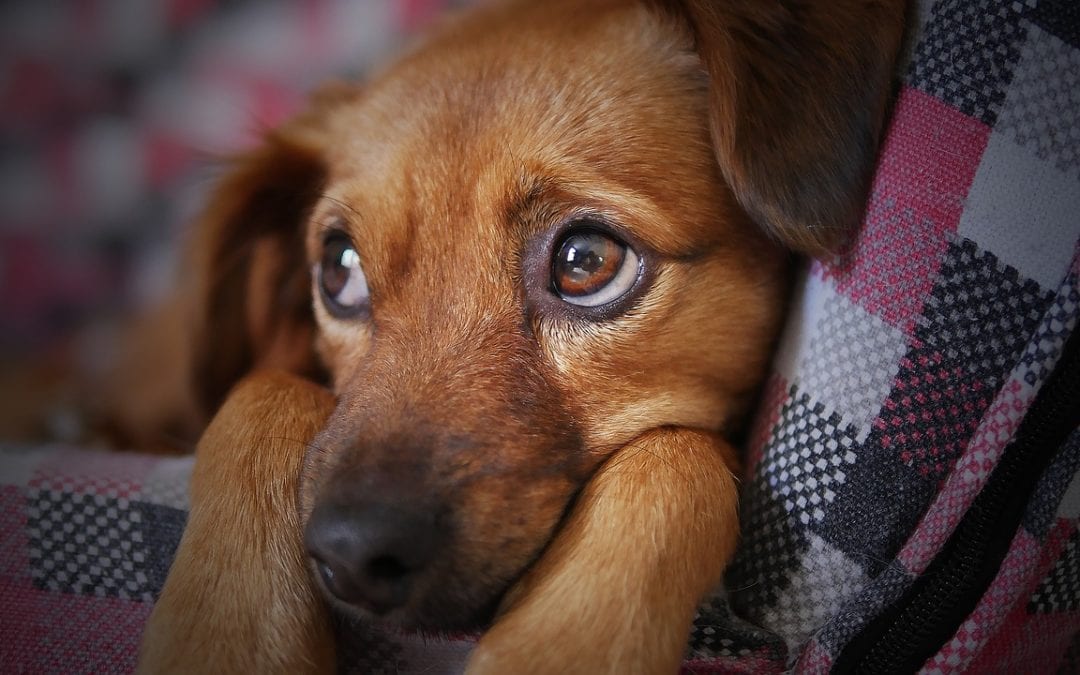It may not be a disease that you hear about frequently, but leptospirosis is no laughing matter. This serious bacterial infection not only affects our pets but can infect people as well.
With cases on the rise, it is important to know what leptospirosis is and how you can protect your family, two- and four-legged alike.
What is leptospirosis?
Leptospirosis is caused by a bacterial organism that is found in the urine and bodily fluids of infected animals. Often, urine contaminates water and soil in an area. Because wild animals such as raccoons, squirrels, opossums, and deer can be infected with leptospirosis, this means that the bacteria can be just about anywhere. Pets become infected when these contaminated substances contact the skin or mucous membranes. Drinking water containing the organism can also lead to infection.
What happens if my pet contracts leptospirosis?
Leptospirosis affects the kidneys and liver. Animals that have been infected may have a fever, vomiting, a painful abdomen, diarrhea, depression, and other nonspecific signs. Untreated, many pets will become very sick and may even die.
Can an infected pet pass the disease to humans?
Yes. A person who is exposed to infected secretions can contract leptospirosis. Approximately one-third of human cases come from exposure to infected dogs.
How is it treated?
The bacteria is treated with a penicillin antibiotic, which is then followed by another antibiotic called doxycycline which stops the bacteria from being shed into the environment. During treatment many pets need supportive care such as intravenous fluid therapy.
How do I prevent it?
Make sure that you do your best to prevent infestation of rodents on your property to minimize you and your pet’s exposure to the disease. Elimination of standing water in the environment can also help. You should also have your pet vaccinated against leptospirosis. While the vaccine does not provide 100% immunity, it can decrease the severity of infection (although it will not stop bacteria from being shed).

